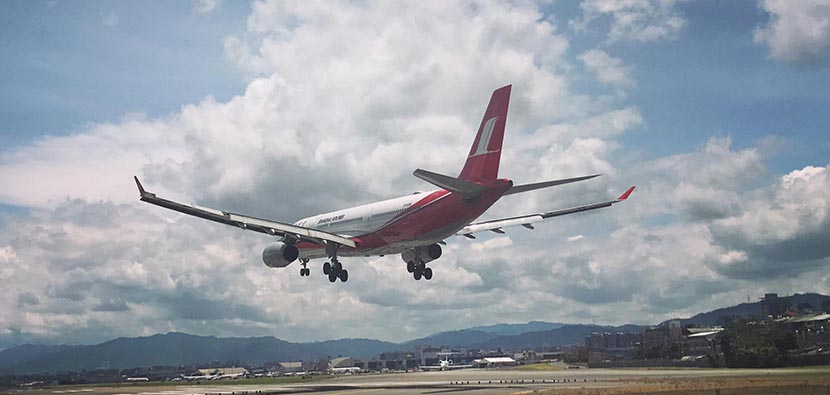Friday, March 8, 2024

In the ever-evolving landscape of global travel, 2024 marks a pivotal year with long-haul travel experiencing a significant upsurge. This boom is not just reshaping current travel trends but also casting a promising outlook on the future of international tourism.
Amidst this resurgence, the spotlight shines brightly on Asia, a region once under the grip of stringent pandemic-induced restrictions. As these constraints recede, destinations like India and Vietnam are witnessing a remarkable rebound, with visitor statistics for the winter season doubling and setting a robust foundation for summer 2024. This surge is a testament to the enduring appeal of long-haul travel and its vital role in the global tourism economy.
The expansion in long-haul travel is predominantly fueled by the reopening of Asian markets. Countries that faced severe lockdowns and travel bans are now emerging as the epicenters of travel demand. The revival is so strong that early bookings, a trend that had waned during the pandemic, are making a notable comeback.
Travellers, eager to explore distant lands, are planning their trips well in advance, indicating a restored confidence in international travel. This enthusiasm is underpinned by an expected 30 percent increase in turnover and a 24 percent rise in visitor numbers for the summer of 2024. Such statistics not only highlight the sector’s recovery but also its potential for unprecedented growth.
This boom in long-haul travel is concurrently driving a significant shift towards sustainability, particularly in aviation fuel consumption. Sustainable Aviation Fuel (SAF) is at the forefront of this transition, offering a greener alternative to conventional jet fuel.
Airlines worldwide are increasingly incorporating SAF into their operations, driven by environmental concerns and regulatory pressures. This shift is crucial, as aviation accounts for a significant portion of global carbon emissions. By adopting SAF, the industry is taking a vital step towards reducing its environmental footprint, aligning with broader sustainability goals.
The reliance on SAF marks a new era in air travel, where environmental responsibility becomes as paramount as operational efficiency. This transition is not without its challenges, including higher costs and limited availability. However, the long-term benefits—reduced carbon emissions, enhanced energy security, and the potential for creating a circular economy around aviation fuel—far outweigh these initial hurdles. Airlines adopting SAF are not only contributing to the fight against climate change but also meeting the growing consumer demand for more sustainable travel options.
The burgeoning interest in long-haul travel, especially to Asia, underscores the changing dynamics of global tourism. As destinations previously closed to the world reopen, they offer fresh narratives and experiences, enriching the tapestry of global culture and heritage. This resurgence is a boon for local economies, many of which rely heavily on tourism for income and employment. Moreover, the revival of early booking trends signals a return to pre-pandemic travel behaviors, reflecting a collective desire for exploration and adventure.
Looking ahead, the future of long-haul travel appears bright, with sustainability at its core. The adoption of SAF by airlines is a significant milestone in this journey, marking the industry’s commitment to a greener future. As we move forward, this trend is expected to gain momentum, with more carriers embracing sustainable practices and technologies. The expansion of long-haul travel, particularly to Asia, coupled with the shift towards SAF, is setting the stage for a transformative era in global tourism. This evolution promises not only enhanced travel experiences but also a more sustainable and responsible approach to exploring our planet.
In summary, the boom in long-haul travel in 2024 is a harbinger of positive change, heralding a future where distant destinations are more accessible, and the journey towards them is more sustainable. With Asia leading the way, the travel industry is poised for a renaissance, one that celebrates the joy of discovery while embracing the imperative of environmental stewardship.
Tags: Airline News, airlines, long haul travel
Saturday, April 27, 2024
Saturday, April 27, 2024